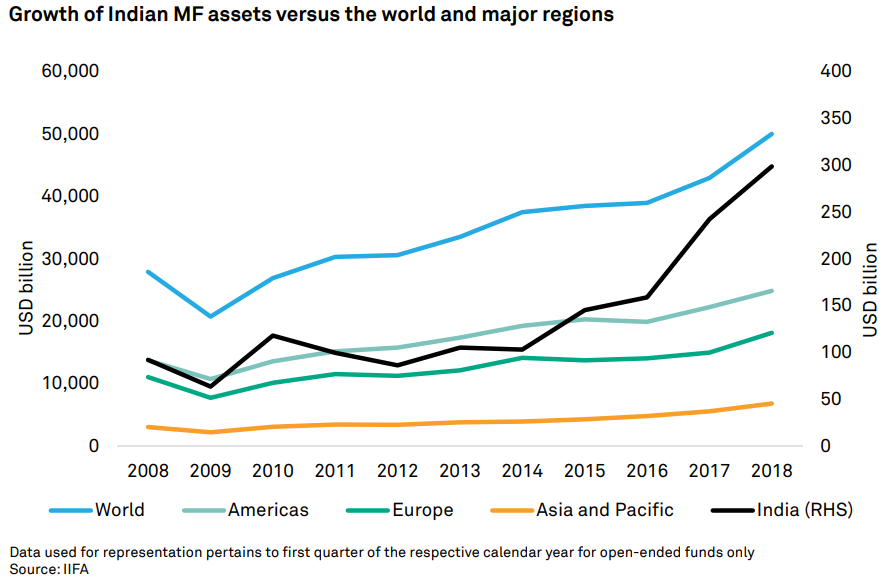(a thread)
^ Yes, you read it right. 95% managers have failed to beat a simple index.
The question is why?
First clue comes from this long range study that suggests that MOST of the index returns come from a minority of stocks.
See this study: papers.ssrn.com/sol3/papers.cf…
For example, as a supporting anecdote, only 3 out of 50 stocks in Nifty 50 were responsible for over half of its total returns: livemint.com/Money/pXYezxo5…
How does this impact building portfolios by picking stocks?
In comparison, indexes usually weight companies by their (free floating) market capitalization.
If your best performing (minority) stocks have 4% allocation, the total returns of your portfolio will be dominated by majority non-performing stocks, dragging down your portfolio returns
Read this medium.com/not-being-dumb…
Which is what an index does automatically!
So in a way, index investing is sort of like betting the winners and cutting out the losers (which is a classic investing maxim).
A company big enough to be part of the index usually has GOOD FUNDAMENTALS behind it, which take time to change
A random company included index is likely to have better prospects than a random company on the market.
And once they enter the index, you automatically buy good businesses
Rather than trying to guess future winners by stock picking, you're betting on past winners (which is less risky).
So the money keeps flowing into equity markets and most of it goes to large cap stocks (which make up the index)
tradingqna.com/t/interesting-…

You guessed it right.
Large cap, blue chip stocks.
This means when you trade a stock that makes up an index, the BUY decision is already made because of new cash coming into the markets.
In contrast, seller for a stock in index fund might be selling because of liquidity or rebalancing needs.
But it's hard to say it's a bubble because nobody knows what a bubble is? It's (almost by definition) known later when prices drop.
Let me know if you disagree anywhere or have comments.
In case you want to brush up fundamentals of investing, check out my other thread:


